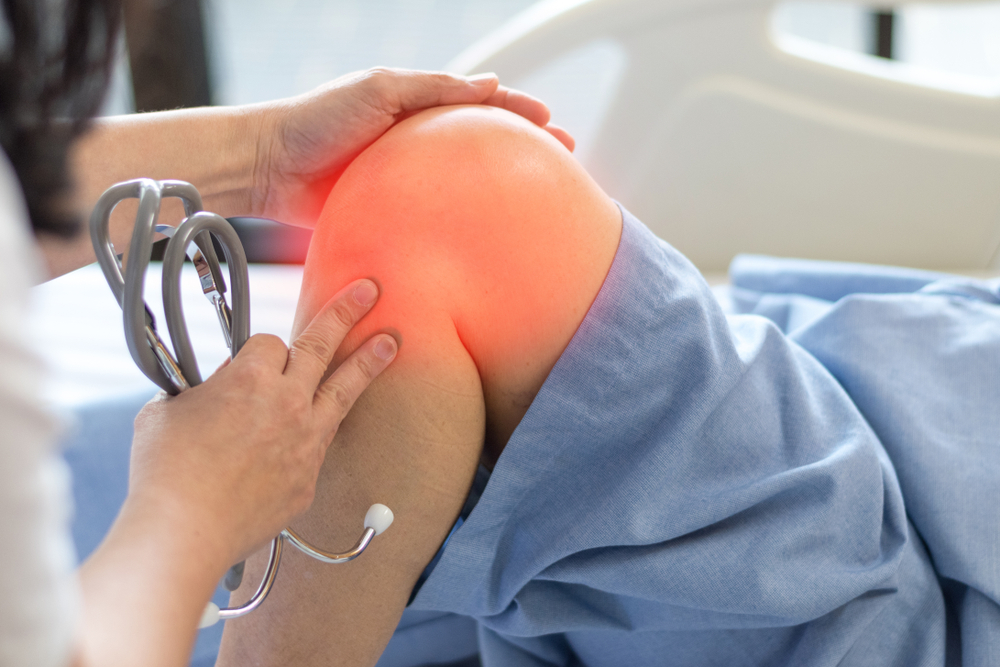Osteochondritis dissecans, also known as OCD, is a condition in the joints that happens when the bone in a joint has separated from the cartilage, and the latter starts to die from the lack of blood flowing to it. Pain and reduced joint range of motion in the damaged area will result when the cartilage and tiny pieces of the parted bone start breaking loose.
Young children and teenagers are the most usual patients of osteochondritis dissecans. Symptoms generally occur after experiencing a joint injury or after several months of high-impact activities that affect the joints such as running and jumping and other high-impact sports. The most common areas where this condition occurs are located in the ankles, elbows, knees but can also be found in other joints. The severity of osteochondritis dissecans is indicated in stages according to whether the fragment stays in one place if it’s only partially detached or entirely detached and the injury’s size.
There are very few or no symptoms if the loose pieces of bone and cartilage stay in place. The joint injury from osteochondritis dissecans might heal independently, especially for young children who are still growing and whose bones are developing. Surgery may be necessary for recovery if the patient feels continuous pain and if the bone and cartilage fragments get caught between the joint’s moving parts.


